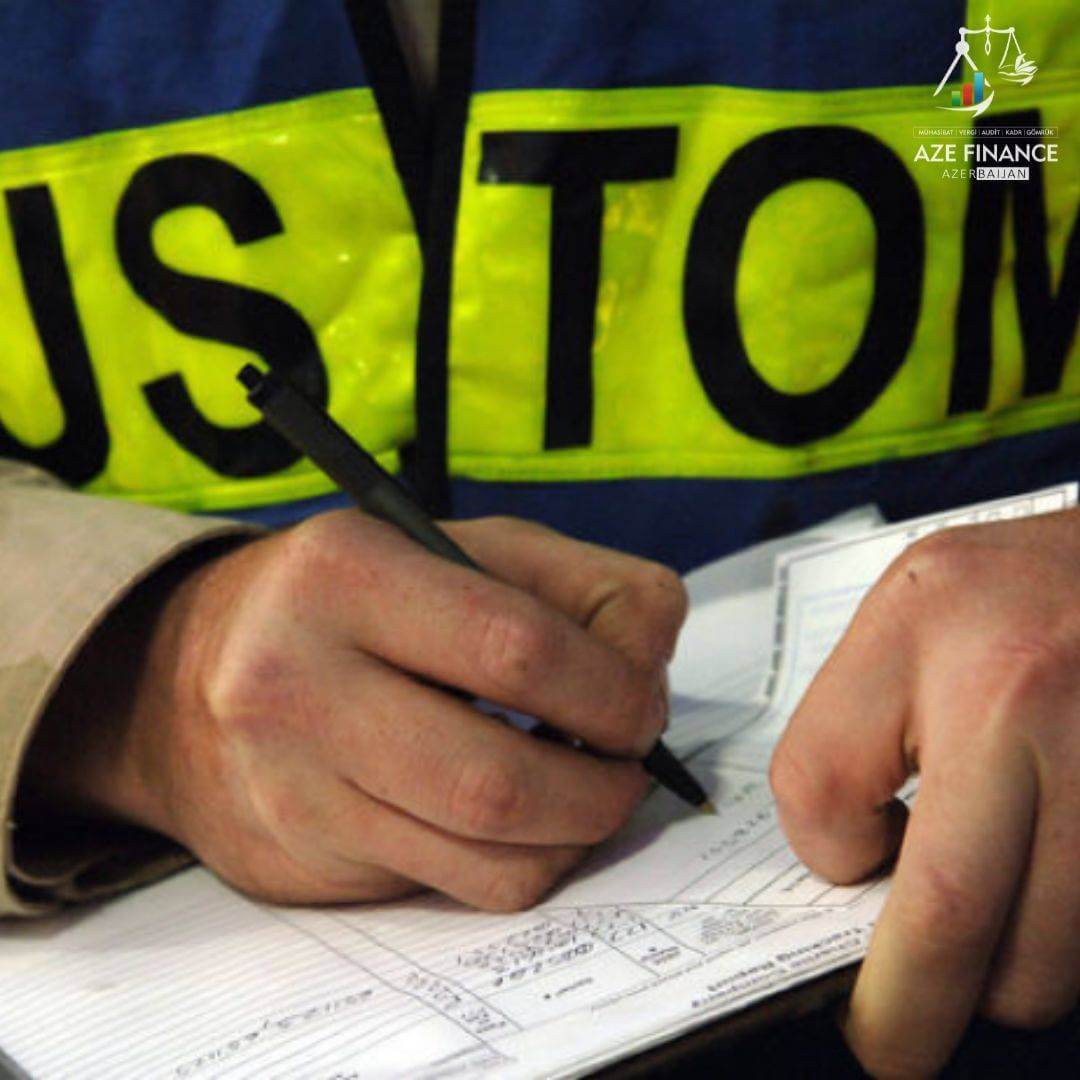Customs rules have changed – Who will be affected?
Customs rules have changed – Who will be affected?

President Ilham Aliyev has approved amendments to the Customs Code.
The changes aim to clearly define the responsible parties in the payment of customs debt. According to the Code, it is the responsibility of the declarant who declares the goods and vehicles to pay customs duties. However, the Code previously allowed for the customs debt to be paid by any interested party, which necessitated clarification.
A new rule regarding the payment of customs debt will be implemented.
This was stated by Vugar Bayramov on his social media account. He noted that with the approval of the customs declaration, the obligation to pay customs duties falls on the declarant, and if this payment is not made, a customs debt arises. He also emphasized that in international practice, legal regulations do not use the vague expression “any interested person,” but rather “any responsible person,” which reflects legal responsibility. Therefore, amendments to the Code were deemed necessary.
"Accordingly, the amendment provides that customs debt shall not be paid by just any interested party, but by the person who owes the assessed customs payments or, in cases where a guarantee is provided in accordance with the Code—such as a pledge, bank guarantee, payment into the customs authority’s deposit account, insurance agreements, third-party surety, or advance payments—by the person liable under such guarantee.
With the new changes, the process of paying customs debts, penalties, and interest calculated by the customs authorities will be regulated, and compliance with customs and tax legislation by individuals will be ensured.
In general, with these amendments, it will no longer be possible for someone else to pay another person’s customs debt.
These rules will apply to persons engaged in entrepreneurial activity. For other individuals, the previous payment rules will remain unchanged," the MP added.

President Ilham Aliyev has approved amendments to the Customs Code.
The changes aim to clearly define the responsible parties in the payment of customs debt. According to the Code, it is the responsibility of the declarant who declares the goods and vehicles to pay customs duties. However, the Code previously allowed for the customs debt to be paid by any interested party, which necessitated clarification.
A new rule regarding the payment of customs debt will be implemented.
This was stated by Vugar Bayramov on his social media account. He noted that with the approval of the customs declaration, the obligation to pay customs duties falls on the declarant, and if this payment is not made, a customs debt arises. He also emphasized that in international practice, legal regulations do not use the vague expression “any interested person,” but rather “any responsible person,” which reflects legal responsibility. Therefore, amendments to the Code were deemed necessary.
"Accordingly, the amendment provides that customs debt shall not be paid by just any interested party, but by the person who owes the assessed customs payments or, in cases where a guarantee is provided in accordance with the Code—such as a pledge, bank guarantee, payment into the customs authority’s deposit account, insurance agreements, third-party surety, or advance payments—by the person liable under such guarantee.
With the new changes, the process of paying customs debts, penalties, and interest calculated by the customs authorities will be regulated, and compliance with customs and tax legislation by individuals will be ensured.
In general, with these amendments, it will no longer be possible for someone else to pay another person’s customs debt.
These rules will apply to persons engaged in entrepreneurial activity. For other individuals, the previous payment rules will remain unchanged," the MP added.


